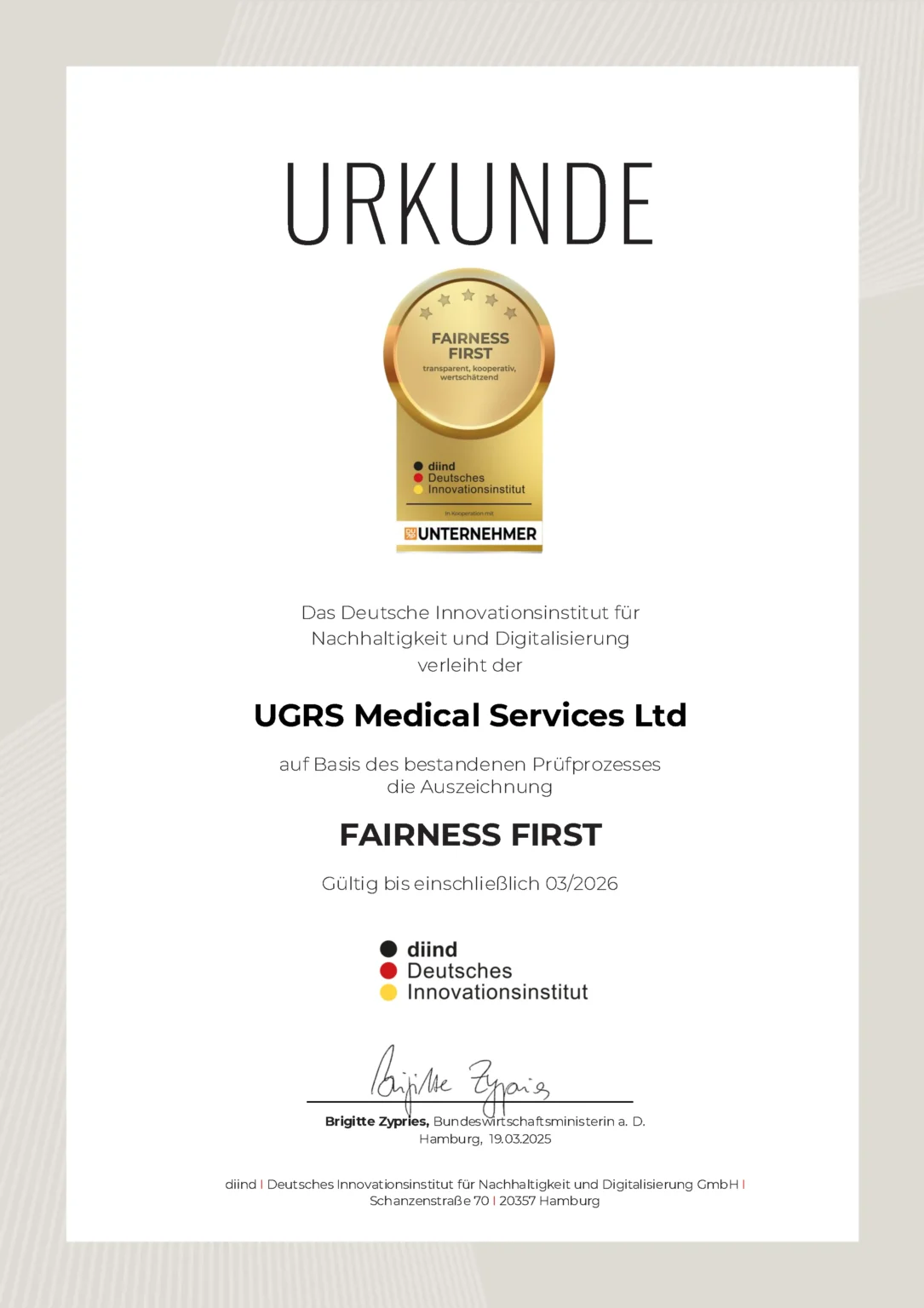Home » UGRS.Knowledge – Glossary on Penis Enlargement, Anatomy & Urology » Liposuction in the breast area
Liposuction in the breast area
>Liposuction in the breast area is a surgical procedure in which fatty tissue is removed from the male breast. Colloquially, this is often referred to as “liposuction”. The aim is to make the breasts appear flatter and firmer – especially if they have a female appearance due to increased fat deposits (often referred to as “man boobs” or medically as pseudogynecomastia ).
When is this procedure performed?
Many men feel uncomfortable with enlarged breasts. This can be caused by:
- Overweight
- Hormonal changes
- genetic predisposition
- certain medications
How does liposuction work?
- Preparation: The causes of breast augmentation are examined in a consultation. An ultrasound or blood analysis is often carried out to rule out hormonal causes.
- Anesthesia: Liposuction can be performed under local or general anesthesia.
- Procedure: A thin cannula is inserted into the breast fat through small incisions. The excess fat is suctioned out with the help of negative pressure.
- Healing: After the procedure, a special compression vest must be worn for a few weeks to tighten the skin and reduce swelling.
Results and limits
The breast usually looks significantly flatter and firmer after healing. The result is permanent if the body weight remains stable. However, if glandular tissue is also enlarged (e.g. in the case of true gynecomastia), liposuction alone is not sufficient – the glandular tissue must then also be surgically removed.
Possible risks
- Swelling, bruising, numbness
- Irregular skin surface
- Scarring
- Infections (rare)
For this reason, the procedure should always be performed by an experienced specialist in plastic and aesthetic surgery.
This content is for general information purposes only and does not constitute medical advice, diagnosis or treatment recommendations. It is in no way a substitute for a professional examination or treatment by a licensed physician. If you have any health complaints or uncertainties, please always consult a medical professional – especially if you have any questions about intimate surgery or sexual health.








